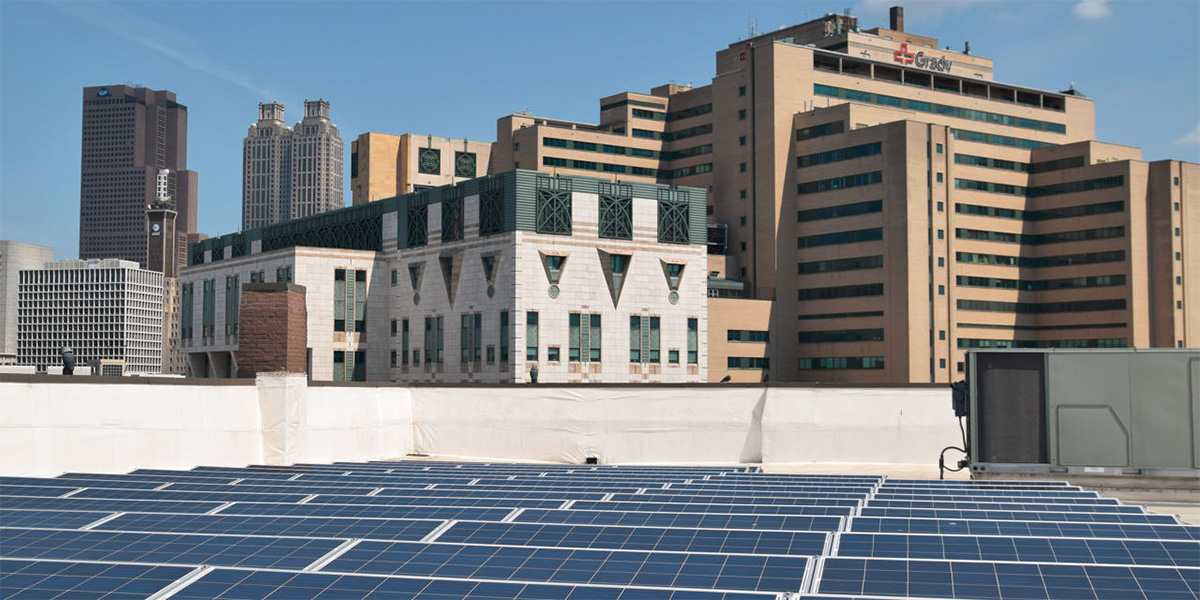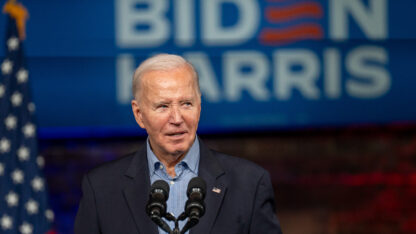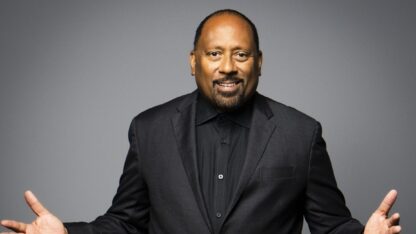Metro Atlanta Officials Will Keep Working On Climate Change

Alison Guillory / WABE
Metro Atlanta officials say they’ll continue work on climate change initiatives, regardless of what the federal government does.
On Tuesday, President Donald Trump signed an executive order aimed at dismantling the Clean Power Plan, an Obama-era climate change law.
“Now more than ever I think it’s important that cities are leaders on climate change and climate action,” said City of Atlanta Chief Resilience Officer Stephanie Stuckey.
Atlanta has added electric vehicles to its fleet, is installing solar panels and requires big commercial buildings to track their energy and water use.
Clarkston Mayor Ted Terry, who’s also the director of the Georgia Sierra Club, said his city is developing a plan to use 100 percent clean energy by 2032.
“We don’t have to wait for Congress or the White House to act on climate change, local mayors and county commissioners can lead the way, now,” Terry said.
The Clean Power Plan, initially proposed by the U.S. Environmental Protection Agency, directs states to reduce greenhouse gas emissions from power plants. Georgia’s goal is to cut emissions by about a third from 2005 levels.
The rule has never gone into effect. The U.S. Supreme Court issued a stay after dozens of states, including Georgia sued to block the provision in 2015.
Nevertheless, the state has made progress on the EPA goal, said Kurt Ebersbach, senior attorney at the Southern Environmental Law Center.
“Georgia’s utilities have already retired a number of their coal burning units, that happened a few years ago,” he said. “Georgia has also made great strides in terms of renewable energy.”
Atlanta-based Southern Company, parent company of Georgia Power, welcomed Trump’s action, saying the Clean Power Plan is “flawed, overreaching and unworkable.”
The executive order doesn’t immediately kill the rule. Instead, the executive order leads to what will likely be years of agency work and legal battles. Still, momentum on climate change could slow down, Ebersbach said.
“You really need to have a national policy in place to make sure that all states are making progress and that the U.S. is honoring its commitments on the global stage to address climate change,” he said. “This is unfortunately a chaotic moment for climate action but I think it well could produce a sort of craving for that kind of certainty that we need and could give us a different policy that’s just as strong but takes a different approach.”
9(MDAxODM0MDY4MDEyMTY4NDA3MzI3YjkzMw004))






